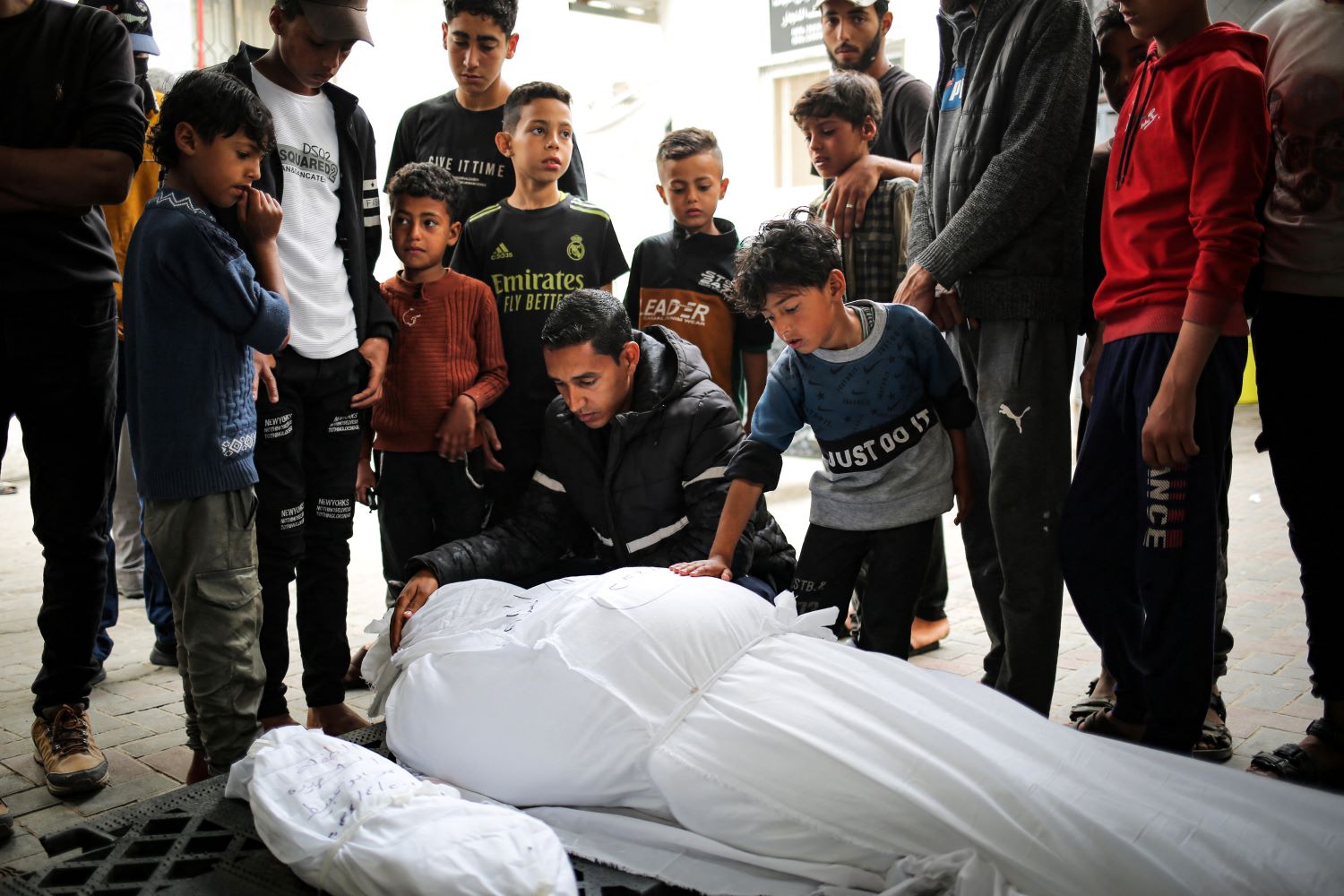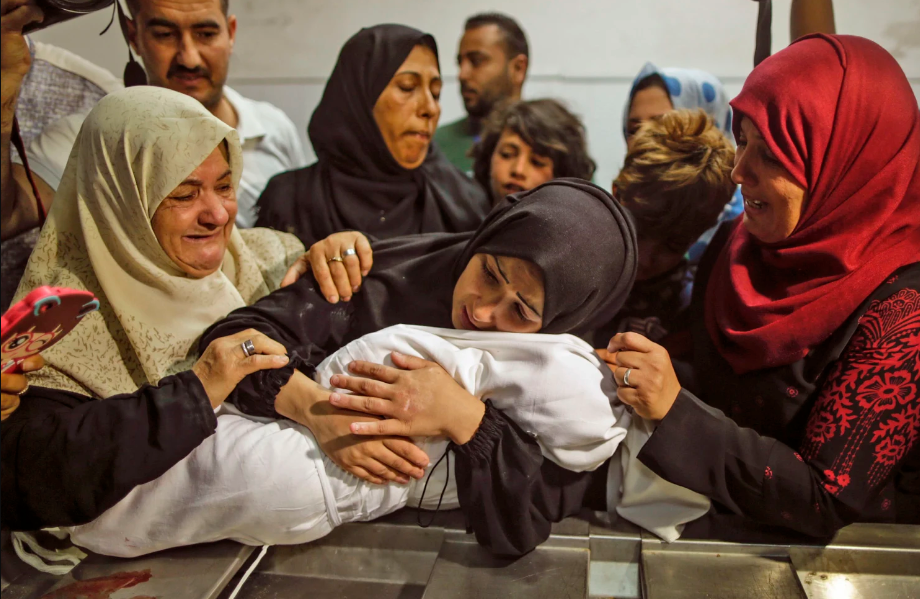Geneva – Campaigners are celebrating after a historic international law to end violence and harassment in the world of work has today been adopted by the International Labor Organization (ILO), said ActionAid Palestine in a statement today.
After two weeks of intense negotiations, governments, employers and workers at the 108th International Labour Conference in Geneva, have voted in favor of an international law, known as the Violence and Harassment Convention and Recommendation, 2019.
During the closing plenary, there were 439 votes in favor of the convention, with seven against and 30 abstained. For the recommendation, 397 delegates voted in favor, 12 against and 44 abstained.
Everjoice Win, director of global engagement at ActionAid International, said: “This historic moment is the culmination of years of campaigning by women trade ists joined by women’s rights organizations around the world. We’re delighted that these tireless efforts have paid off with the first ever international law to eliminate violence and harassment at work.”
“We call on ILO member states to now urgently ratify the convention so that the law can come into force and stamp out the epidemic of gender-based violence, harassment and abuse at work.”
Fifty-nine countries still have no national laws against violence and harassment at work, an issue that affects one in three women globally.
In the Palestinian context, Palestinian women may be exposed to violence in their way to work by Israeli occupation. Women working in agriculture are exposed to settlers’ violence in accessing their lands. Women working in informal economy do not have social insurance or protection. The expansion of Israeli settlements in the West Bank is among the factors that negatively impact the engagement of women in the labor force: The geographic, physical, and social ruptures created by Israel’s checkpoints and permanent closures of entrances and exits to residences in many areas seriously impact the mobility of Palestinians, which particularly affects women. The uncertainty with respect to commuting time that comes as a result of Israel’s movement restrictions makes it more difficult for women to seek employment outside their local communities, thus reducing their work chances even more compared to men.
Women cannot raise or discuss violence practiced against them workplace for many reasons: fears of loss of work and the fear of being exposed to social pressures and embarrassment. According to some recent studies, violence against women is hidden in governmental and non-governmental organizations including inferior attitude towards women, sexual gestures, group clusters against women and underestimating women achievements while the psychical violence is not common in those organizations.
K.F.










